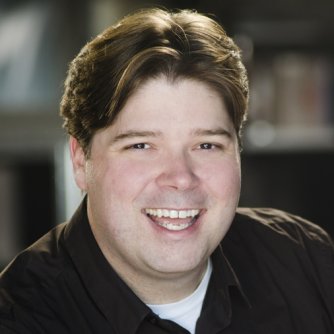
R. Andrew Lee teaches at Regis University in Denver, where he also conducts the chapel choir and oversees music for worship. It’s a unique job description, but now he's also one of the top pianists in minimalist music -- modern classical music built from spare chords and repeated notes.
Accolades are pouring in from across the country: Time Out New York called Lee's recording of Dennis Johnson’s “November” the best classical recording of 2013. Alex Ross of the New Yorker praised Lee’s disc of piano music by composer Eva-Maria Houben as one of the top classical albums of 2013.
Next Tuesday, Lee will perform an evening of music by Eric Satie, an early influence on minimalist composers, at Dazzle Jazz in Denver. The venue has been hosting monthly classical nights highlighting important but rarely performed pieces.
“I’m definitely a minimalist evangelist in the sense that I will talk your ear off and play it as much as you want,” Lee told CPR’s Ryan Warner. “But if it’s not your thing, I’m OK with that.” Highlights from the interview:
On why he cherishes the elements of minimalism that critics dismiss as boring:
Boring can be productive. What makes minimalist music boring is also what provides its substance. You lose your focus on the immediacy of the notes. You don’t feel the sense of being pushed and pulled through a piece, like through a Beethoven symphony, for example. And you start to hear other things. If the surface level activity were more interesting, you wouldn’t hear all these things the composers were trying to bring out.
On the technical demands of playing seemingly mundane, repetitive passages:
Trying to play the same thing 468 times in a row, with as absolute little variation as you possibly can, can be quite difficult. … Granted, what’s interesting is that some of the beauty of that arises from what is imperfect in me as a performer, but I still strive toward that end. Yes, it does not have the technical flamboyance of, say, a Chopin etude but at the same time there are pieces with quick repetitive figures that have caused me the exact same technical issues as working on a Chopin etude. … Just being able to sustain a quick figure for 15 minutes demands flawless technique. Any flaw in the technique quickly gets exposed.
On the thrill of being a champion of modern music and collaborating with composers:
That’s one of the great things about it: just to be able to work with a living composer, to be able to promote their music and to frankly be part of the discussion of what is going to be the classical canon 50 or 100 years from now.
Listen to CPR Classical at 6 p.m. Saturday to hear more of Ryan Warner’s interview with R. Andrew Lee, including Lee's insights on the lesser-known Erik Satie pieces he'll perform Tuesday at Dazzle. We'll also feature Lee playing pieces by Satie, William Duckworth and Jung Frey in CPR’s Performance Studio.









